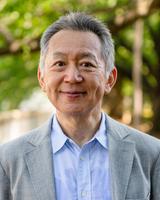Event Report Energy and the Environment
CIGS International Symposium "The Role of Innovation for Long-Term GHG Mitigation"
October 7, 2016,
13:30
- 17:00
Venue: Fukutake Learning Theater III, Fukutake Hall B2F, The University of Tokyo
Overview
COP21 marked a remarkable success ironing out the Paris Agreement. At the same time, it has also left huge challenges to the future, in particular, very ambitious "1.5-2.0 degrees" temperature targets and "emissions/removal balance in the second half of this century" objective.
The Paris Agreement has introduced "global stock take" to narrow a huge gap between top-down/unrealistic temperature targets (and mitigation pathways for achieving them) and bottom-up/pragmatic pledge and review process.
However, it is extremely unlikely that these two approaches will converge in the foreseeable future since each country's NDC is driven by its own specific national circumstances rather than global temperature target. At least, the UN negotiation process will never close the gap.
Innovation is the only solution. It is encouraging that the role of innovation has finally been clearly recognized in the Paris Agreement Article 10-5 which reads "Accelerating, encouraging and enabling innovation is critical for an effective, long-term global response to climate change and promoting economic growth and sustainable development. Such effort shall be, as appropriate, supported, including by the Technology Mechanism and, through financial means, by the Financial Mechanism of the Convention, for collaborative approaches to research and development, and facilitating access to technology, in particular for early stages of the technology cycle, to developing country Parties. Accelerating, encouraging and enabling innovation is critical for an effective, long-term global response to climate change and promoting economic growth and sustainable development. Such effort shall be, as appropriate, supported, including by the Technology Mechanism and, through financial means, by the Financial Mechanism of the Convention, for collaborative approaches to research and development, and facilitating access to technology, in particular for early stages of the technology cycle, to developing country Parties".
However, judging from the past experience, the UN is the least suitable fora to address the issue of innovation. Given that only a few number of countries account for nearly all cutting edge clean technologies, it is meaningless to address this issue at the UN engaging 190+ countries.
The necessary innovation will not occur in the bureaucratic and inefficient UN process, but from the RD&D efforts by the public and private sectors of limited number countries with innovation capability. The issue is how to trigger innovations through domestic enabling policy environment in such countries and possible international collaboration among them.
On 2 June 2016, at the inaugural Mission Innovation (MI) Ministerial, 21 ministers from all MI partners released their respective governments7 plans to double clean energy R&D funding over 5 years from currently totaling approximately $15 billion per year to around $30 billion per year by 2021. They also adopted an Enabling Framework (see attached) and agreed to a mission statement to help provide a foundation for accelerated progress. This is all encouraging. At the same time, since each MI partner independently determines a strategy for clean energy innovation funding based on individual national resources, needs and circumstances and MI partners are encouraged collaborate on joint research and capacity building where mutual interest exists, it is relevant to explore good practices in such areas as;
Preparing enabling policy & regulatory environment for maximizing innovation potential in each country
Effective prioritization in R&D funding
Innovation analysis and road mapping
Striking a balance between prioritizing funding and avoiding the trap of "picking winners"
How to overcome various barriers for international collaboration
- competition vs collaboration
- inherent desire of local development
- differences of legal structure, policies and regulations
- different national interests in geopolitical and "geo-economical" agenda
- difficulties in designing and administering collaboration programs such as fundin g level commitment among participants, defining rights of participants to enjoy the fruit of collaborative program (balancing IP and knowledge sharing
ProgramPDF:212KB
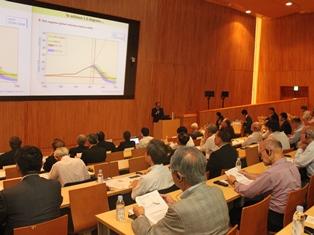
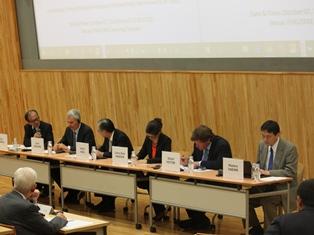
Opening Remarks
- Toshihiko Fukui
President, The Canon Institute of Global Studies
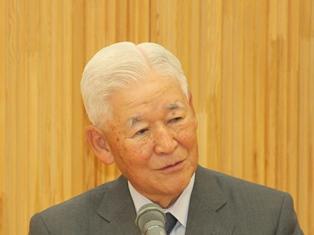
Keynote Speech
- Jun Arima,
Professor, Graduate School of Public Policy (GrasPP), The University of Tokyo
"Role of Innovation in Long-Term GHG Emissions Reduction"
PresentationPDF:1.6MB
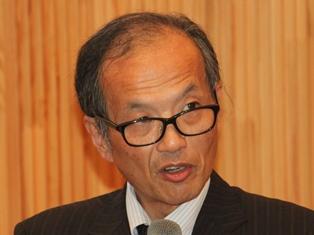
Presentations
- Carlo Carraro
Vice Chair, IPCC WG III and Co- Chair, GGKP
University of Venice, FEEM and CMCC
"The Role of Innovation for Long-term GHG Mitigation"
PresentationsPDF:1.4MB
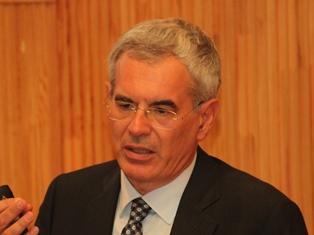
- Yoichi Kaya,
President, Research Institute of Innovative Technology for the Earth (RITE), Japan
"A Road toward Zero Emission Society"
PresentationsPDF:477KB
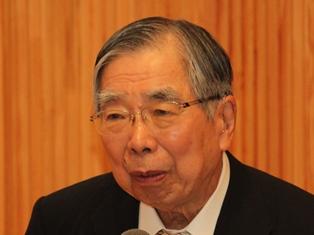
- Laura Diaz Anadon
University Lecturer in Public Policy, Department of Politics and International Studies, University of Cambridge, UK
"The Role of Domestic Policy in Energy Innovation"
PresentationsPDF:945KB
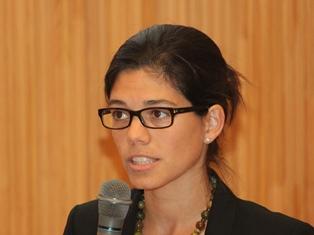
- David Victor
Professor, International Relations, School of Global Policy and Strategy, University of California, San Diego (UCSD), US
"Making Innovation Clubs a Reality"
PresentationsPDF:877KB
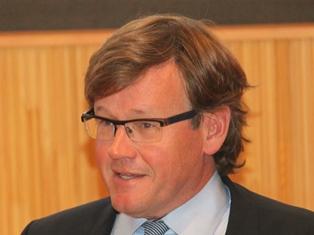
Panel Discussion
- 【Moderator】
Jun Arima
【Panelists】
Carlo Carraro
Yoichi Kaya
Laura Diaz Anadon
David Victor
Masaru Yarime, Project Associate Professor, Graduate School of Public Policy, The University of Tokyo
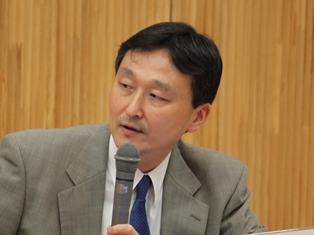
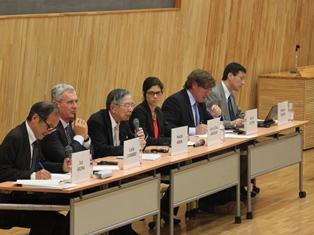
(Dr. Yarime)
Closing Remarks
- Hisashi Yoshikawa,
Research Director, The Canon Institute for Global Studies
